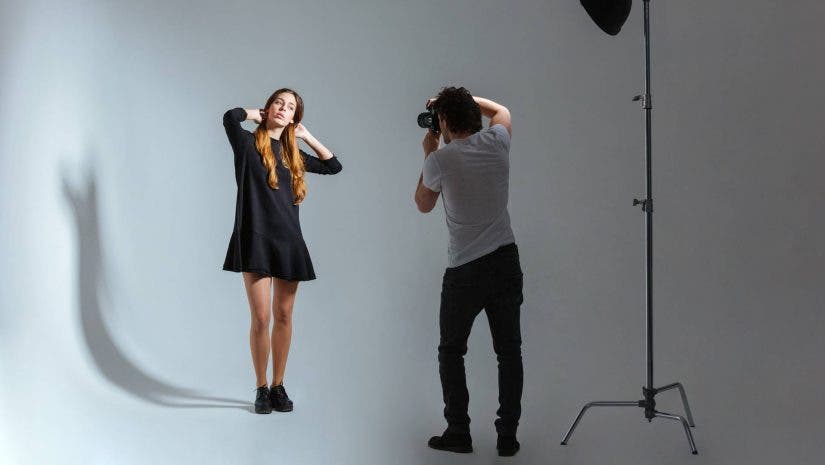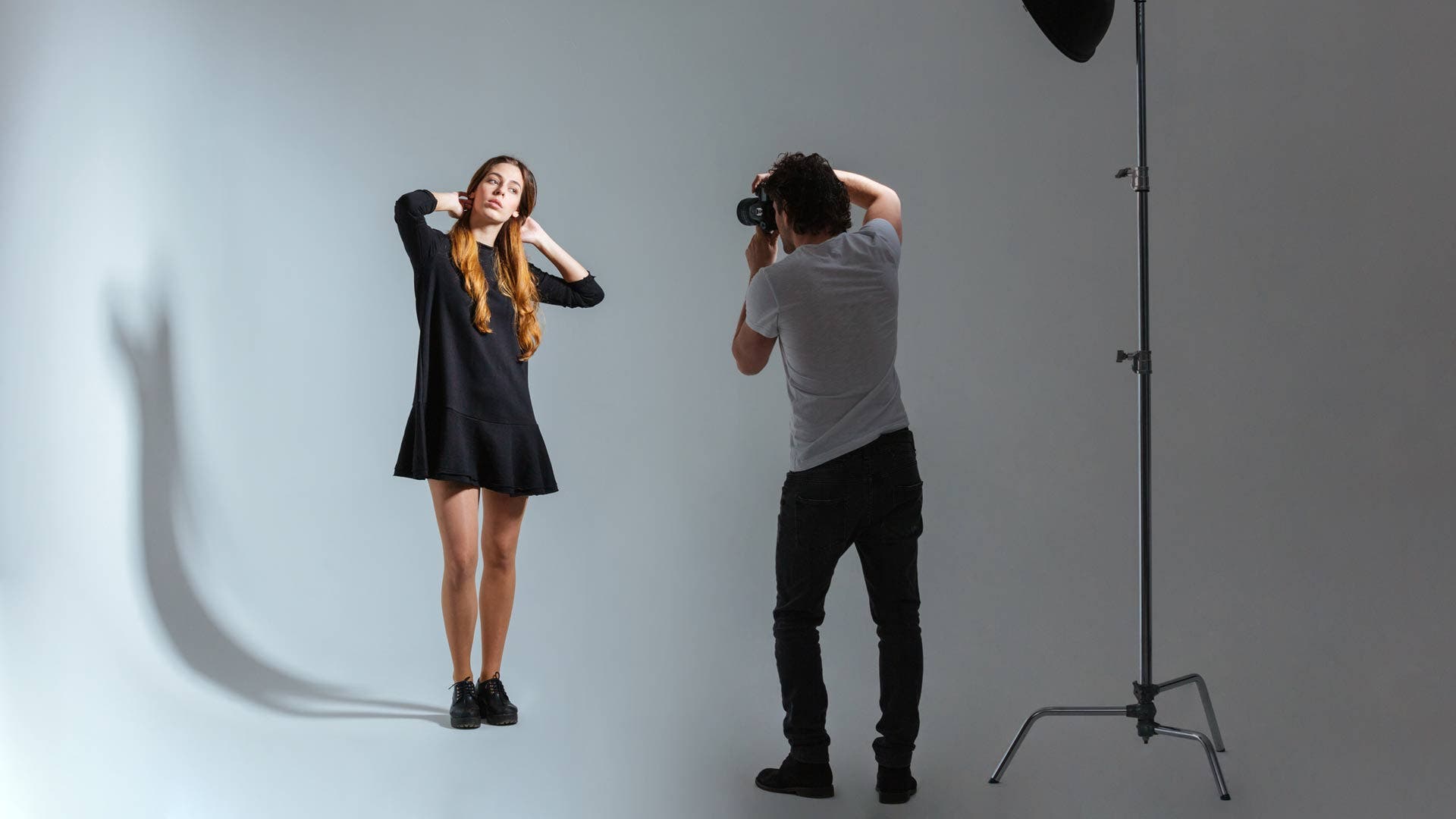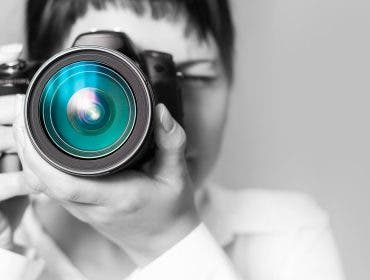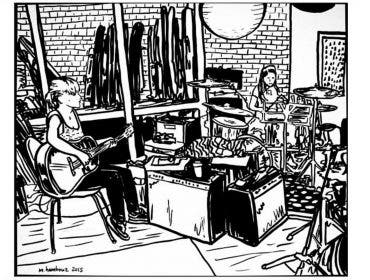Skill, talent, hard work, and luck are crucial to building a successful career in professional photography. If you plan to turn your hobby into a lifetime profession, know that it doesn’t happen overnight—it takes a lot of practice and patience to grow as a serious photographer.
Wondering how you can make it? Here are the answers to the most common questions that aspiring pro photographers have in mind.
How do I become a professional photographer?
- Learn photography techniques and best practices from the seasoned pros. Read up on instructional materials, watch YouTube videos, and attend photography seminars and classes.
- Complement your learning with regular practice. Bring your camera everywhere and shoot as often as you can, as many great images are captured without any planning or set-up. Try out different camera settings, lighting setups, angles, and subjects. Eventually, this will develop your eye for detail and your own photography style. Also, try having ex-deals with aspiring models or your friends who want to have their photos taken professionally. This will be a win-win deal since either party doesn’t have to pay for anything. Plus, you get to practice shooting like a pro.
- Get feedback on your work from online communities. Have your photos critiqued by fellow photographers on Flickr, photography forums, or a Facebook interest group of your choice. Even some photography experts lurk around these groups, so proactively seek constructive feedback from them to hone your skills. It’s also a great opportunity to network with other photographers. You can join meetups to get continuous support from the members and further forge your ties with them.

Image Source: AdoramaPix
- Build your portfolio. Once you’re confident enough about your output, create your online and printed photography portfolio. This way, you can reach out to all types of clients, whether they’re internet users or not. Having an online portfolio not only makes it easy for prospective clients to find you but also allows you to preserve the photos you’re most proud of.
- Promote your services smartly. Don’t be that annoying spammer who posts unrelated comments (that merely advertise one’s services) on blogs and social networking groups. Hard sell doesn’t work anymore. You’ll be better off creating your own business website, Facebook business page, and Instagram page. You may even want to set up a vlog or a YouTube channel. Show people how great you are as a photographer, and you’ll naturally attract a lot of potential customers and even receive positive reviews and testimonials.
What photography equipment do I need?
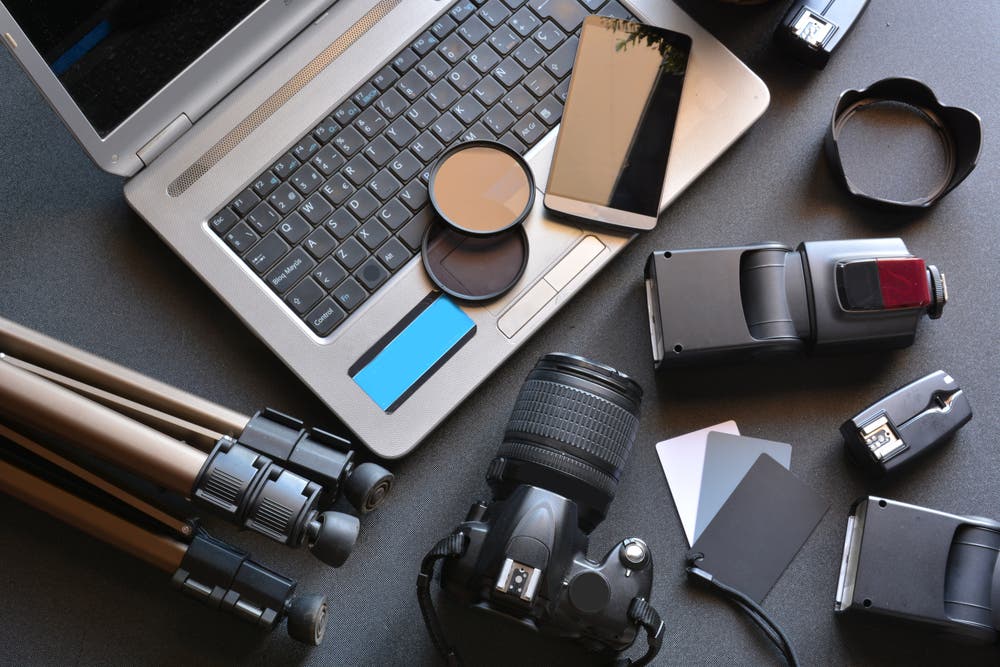
Image Source: Shutterstock
You don’t need to get a high-end camera yet if it’s beyond your budget. Low-cost, beginner-friendly DSLR cameras such as the Canon EOS Rebel T6 and Nikon D3300, which provide guides for easy operation, are ideal to use if you’re transitioning from a smartphone or point and shoot.
Investing in camera accessories that deliver professional-quality images is a must for serious photographers. Camera lenses should be your priority after purchasing a DSLR. The broad variety of lens choices can be overwhelming, but you can narrow them down into just the two essentials: a wide-angle lens for capturing beautiful landscapes and architectural structures, and a telephoto lens for putting your subject in focus.
You’ll also need a good lighting equipment, as it can dramatically affect the quality of your photos. If you’ll do portrait or fashion photography, a beauty dish is a must-have. This umbrella-like tool attached to a light source will help you project the right amount of light onto your subject’s face for that ethereal appeal.
Lastly, you should get a portable yet sturdy tripod to keep your camera steady when shooting in a studio or on location, especially in low-light conditions. Blurry images are a no-no for aspiring pro photographers, so make sure you bring this essential gear to your shoots.
How do I earn money from professional photography?
Try different markets for your photos. Sell them to stock photography sites or as paid printables on your own website. Just be extra careful when submitting or publishing photos of people—you need to ask permission from the subjects in your photos beforehand. The last thing you want is an angry client suing you for unauthorized use of her photos for public consumption.
Don’t be afraid to go for small-time gigs like shooting for yearbooks, children’s parties, and community events. Yes, it seems unglamorous, but sometimes the demand is bigger in these markets.
All these tips will be in vain if you don’t go out there and apply them to your craft. Make experience your teacher—learn from the lessons you gain as you go along. If you want to become a professional photographer, start putting yourself out there and shoot away!
